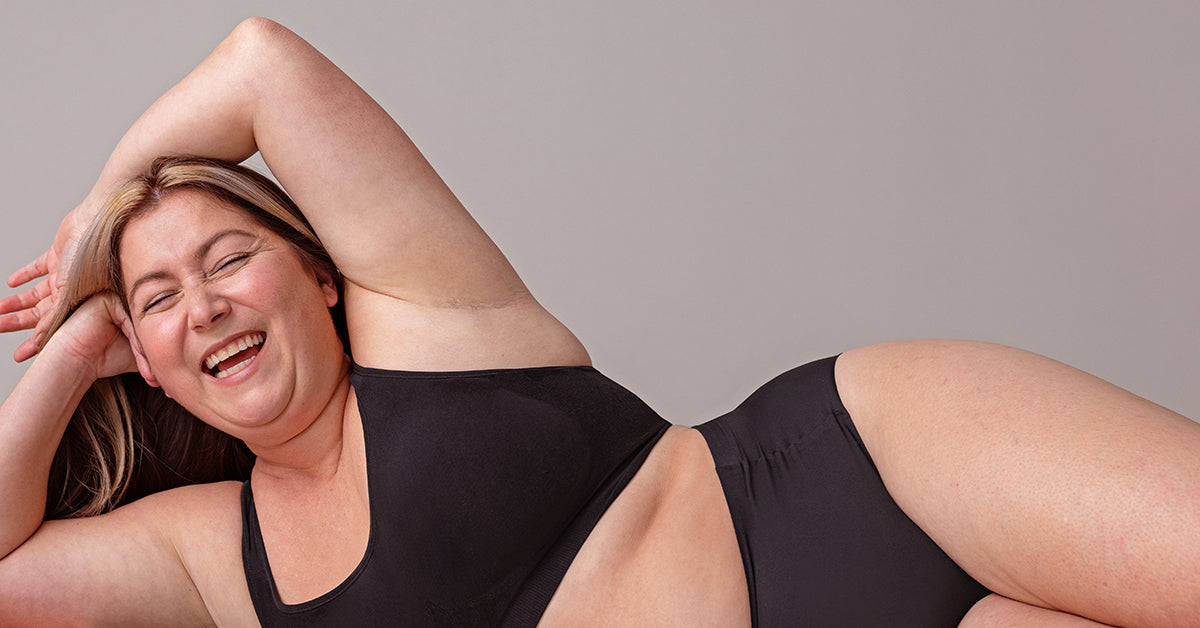August is National Wellness Month. In recognition of this month-long celebration of one’s overall wellness, we’ll dive into the complex relationship between body image and eating disorders, shedding light on many individuals' challenges.
In this blog, we’ll offer tips and guidance on promoting a positive self-perception to help you with your self-love journey.
Understanding Body Image
Body image refers to an individual's perception, thoughts, and feelings about their own body. Many people struggle with negative body image in today's society, where unrealistic beauty standards are presented through media and social platforms. This dissatisfaction can lead to various physical and mental health issues, including eating disorders.
How Body Image and Eating Disorders Are Connected
Eating disorders are serious mental health conditions characterized by a preoccupation with food, weight, and body shape. These disorders often develop as a response to societal pressures and a desire to attain the perceived "ideal" body. Media influence, peer pressure, and low self-esteem are often the main factors influencing body image and eating disorders.

How To Prevent Eating Disorders
- Develop A Positive Body Image
Developing a positive body image is a journey and takes time. Awareness of the portrayal of unrealistic body images through media allows us to recognize that bodies come in all shapes and sizes. Practicing self-compassion by treating yourself with kindness through positive affirmations and self-talk is another way to help you develop a positive self-image. Focusing on your strengths by shifting your focus from appearance to your abilities, talents, and achievements is a great way to jumpstart your journey to self-love.
- Create A Healthy Eating Habit
Balanced nutrition and a healthy approach to eating can prevent the extremes that often lead to eating disorders. Start with mindful eating by paying attention to hunger and fullness cues. Eat when you're hungry and stop when you're satisfied. Aim for variety and moderation for a well-rounded diet that includes a variety of nutrient-rich foods. You may also establish regular eating patterns by having regular meals and snacks which also prevent binge-eating.
- Have An Open Communication
Most individuals are challenged to open up about their situation because of the stigma surrounding body image and eating disorders. That is why it is important to find a safe space where you can get support, encouragement, and guidance. Seeking professional help is one of the best ways to address this concern.
The National Eating Disorders Association (NEDA) is the leading nonprofit organization dedicated to supporting individuals and families affected by eating disorders. Through their comprehensive programs and services, NEDA aims to raise awareness, build communities of support and recovery, fund vital research, and ensure essential resources reach those in need. NEDA can help you get screened for eating disorders and provide treatment to help you lead a healthier life.
Do you know someone who might need support or guidance? Click HERE for NEDA’s contact details.




































Leave a Comment
post a comment